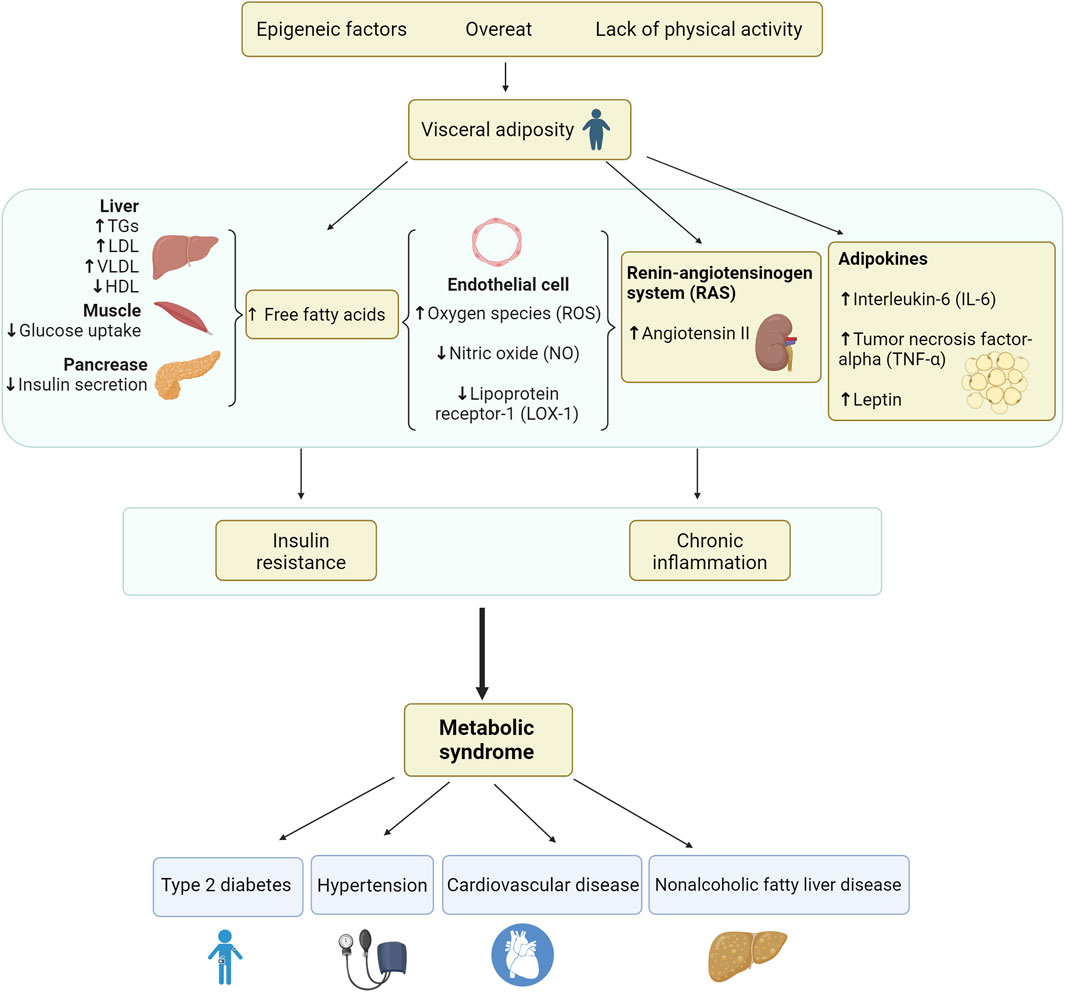
# A Revolutionary Breakthrough in Appetite and Weight Control
In an exhilarating recent finding, investigators from **Baylor College of Medicine** and **Stanford University** have identified a naturally occurring substance, **BHB-Phe**, which plays a significant role in regulating appetite and body mass. The research, featured in the journal *Cell* (DOI: [10.1016/j.cell.2024.10.032](https://doi.org/10.1016/j.cell.2024.10.032)), paves the way for promising therapies targeting obesity and weight-related health challenges without imposing stringent dietary limitations.
This discovery showcases the potential of BHB-Phe to transform our approach to weight loss by providing an effective solution that circumvents the drawbacks of traditional dieting. Let’s delve deeper into the research outcomes and investigate this intriguing new compound.
### A Metabolic Breakthrough
Human metabolism, extensively examined but still not completely understood, gained clarity with the identification of **BHB-Phe**. This compound, generated by the body, is structurally akin to **beta-hydroxybutyrate (BHB)**, a ketone body produced by the liver during fasting, exercise, or a low-carb diet. Historically, BHB was recognized mainly as a substitute energy source, frequently linked to fat-burning states, such as ketosis.
However, this research introduced a novel function for BHB-Phe. Based on the findings, this compound is capable of aiding in the regulation of food intake and body weight. Endogenously produced during specific metabolic activities, BHB-Phe activates particular neurons within the brain that subsequently affect hunger and food intake.
### Mapping the Brain’s Reactivity
Understanding **how** BHB-Phe influences appetite necessitated a thorough investigation of the brain. The research group, directed by Dr. Yong Xu from Baylor College of Medicine, aimed to pinpoint which regions of the brain responded to the compound. Their findings indicated that BHB-Phe provokes a response in two essential areas: **the hypothalamus** and **the brainstem**.
These areas are crucial for managing fundamental biological functions, including those that regulate appetite, metabolism, and body weight. When BHB-Phe is active, it suppresses food intake by signaling the brain to reduce hunger. This revelation was highlighted by experiments demonstrating that mice incapable of producing BHB-Phe consumed more food and gained more weight than their counterparts that could produce the compound, illustrating its regulatory effects on appetite.
Dr. Xu stressed the significance of these discoveries, stating, “We identified that **BHB-Phe activates neural populations in the hypothalamus and brainstem**, leading to decreased feeding and reduced body weight.”
### How Does BHB-Phe Function?
While BHB and BHB-Phe share a connection, BHB-Phe operates in a distinct manner. It doesn’t simply refill energy reserves like BHB. Instead, it interacts with neurons related to the sensation of hunger—diminishing the urge to eat. With this discovery, researchers now appreciate that various metabolic compounds fulfill specific functions in how the mind responds to the body’s nutritional requirements.
**Future weight loss therapies** might capitalize on this mechanism by promoting the synthesis of BHB-Phe or mimicking its effects. Preliminary evidence suggests that this innovative approach could result in weight management strategies that aren’t reliant on drastic dietary changes, such as limiting carbohydrates or adhering to strict exercise routines.
### Future Applications & Consequences
The identification of BHB-Phe carries significant implications for the future of weight management. “This research uncovers numerous new opportunities,” remarked co-lead investigator **Dr. Jonathan Z. Long** from Stanford University. “In the coming years, we may see treatments that enable individuals to ingest **BHB-Phe** directly, possibly inducing weight loss **without the need for carbohydrate restrictions**, offering an alternative and more sustainable method of metabolic weight management,” Dr. Long elaborated.
A remarkable feature of this inquiry is how **BHB-Phe compares to an additional compound, Lac-Phe**, which is generated in larger quantities during physical activity. Both BHB-Phe and Lac-Phe impact eating behaviors and appetite but engage different neuron populations.
This indicates that **multiple natural routes** are present in the body to govern weight and manage hunger. Understanding these distinct mechanisms could result in personalized weight management therapies, allowing individuals to choose treatments that align best with their bodily responses.
While additional clinical research and human trials are essential, these findings represent an exhilarating progression. If the outcomes observed in mice can be effectively translated to humans, BHB-Phe could emerge as a valuable resource in weight management and obesity intervention, offering a groundbreaking method that does not depend on excessive calorie tracking or stringent dietary practices.
### Glossary:
– **BHB-Phe**: A newly identified compound that aids in appetite regulation and body weight management.
– **Hypothalamus**: A central